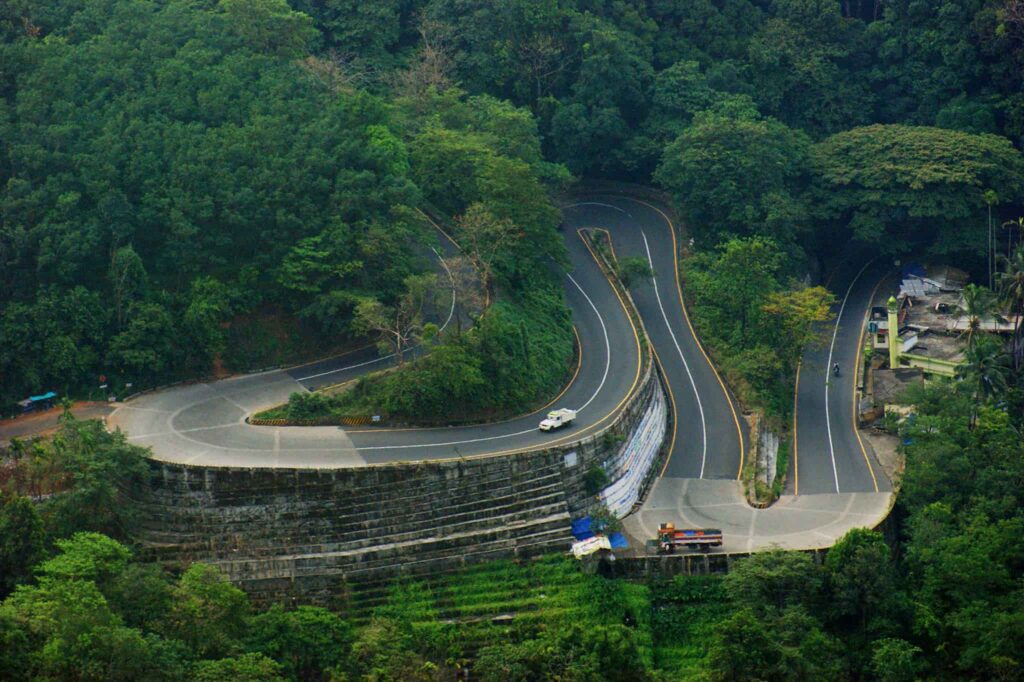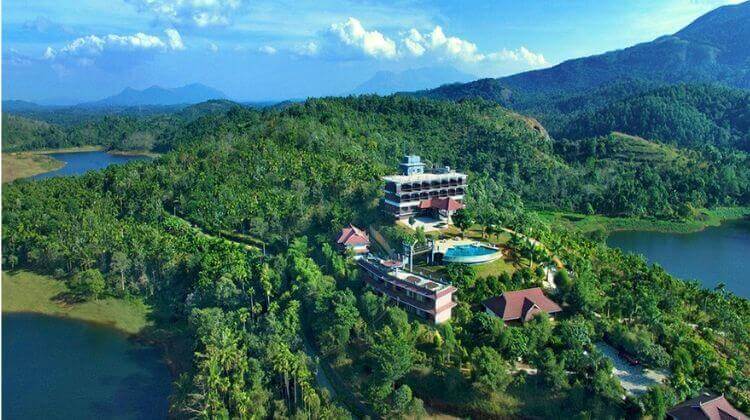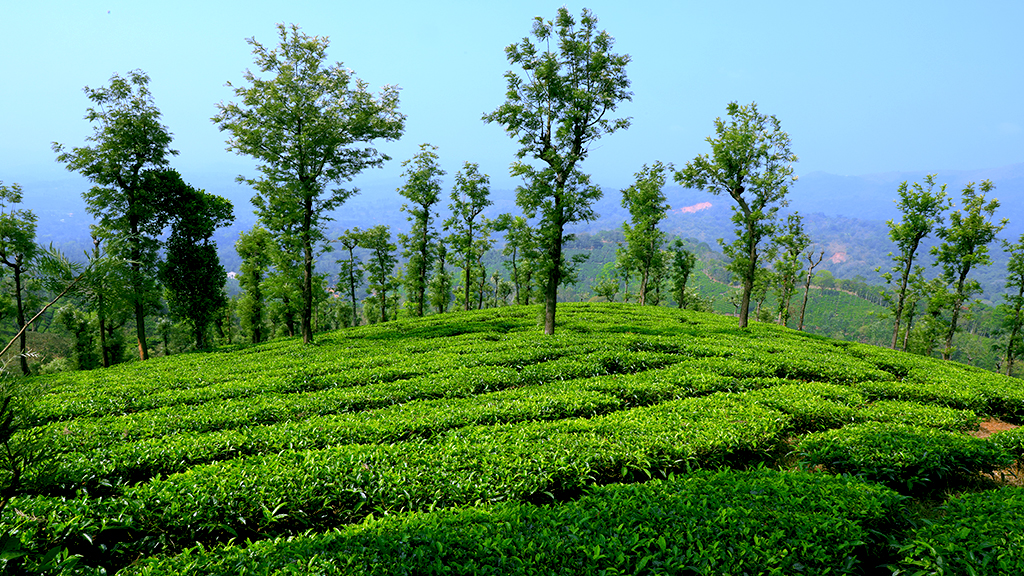Wayanad is a hill district in Kerala that was formed in 1980 by combining parts of Kozhikode and Kannur districts. Wayanad is a district in Kerala state, India, with its headquarters in the municipality of Kalpetta. The name Wayanad is derived from Vayal Nadu which means the land of paddy fields. It is a picturesque plateau located between the states of Tamil Nadu and Karnataka, at an altitude ranging from 700 to 2100 metres, nestled among the mountains of the Western Ghats. Wayanad culture is primarily tribal in nature. With the production of cash crops such as pepper, cardamom, coffee, tea, spices, and other condiments, this district is one of the State’s largest foreign exchange earners.
There are many things to do in Wayanad if you are thinking about taking a trip there, including tea plantations, a variety of fauna, Ayurveda spas and caves, lakes, and hills. Due to its pleasant weather, Wayanad is one of those places where you may also plan your summer vacations in India.
Kerala’s Wayanad region is a lovely corner of heaven. At 2100 metres above sea level, it is a lovely hill station. Some of the best things to do in Wayanad are included on this site. The peaceful hamlet boasts a wide range of attractions that draw tourists from all over the world.
Overview
Travel is the movement of people between relatively distant geographical locations, and can involve travel by foot, bicycle, automobile, train, boat, bus, airplane, or other means, with or without luggage, and can be one way or round trip. Travel can also include relatively short stays between successive movements.
The origin of the word “travel” is most likely lost to history. The term “travel” may originate from the Old French word travail, which means ‘work’. According to the Merriam Webster dictionary, the first known use of the word travel was in the 14th century.
It also states that the word comes from Middle English travailen, travelen (which means to torment, labor, strive, journey) and earlier from Old French travailler (which means to work strenuously, toil). In English we still occasionally use the words “travail”, which means struggle. According to Simon Winchester in his book The Best Travelers’ Tales (2004), the words “travel” and “travail” both share an even more ancient root: a Roman instrument of torture called the tripalium (in Latin it means “three stakes”, as in to impale).


